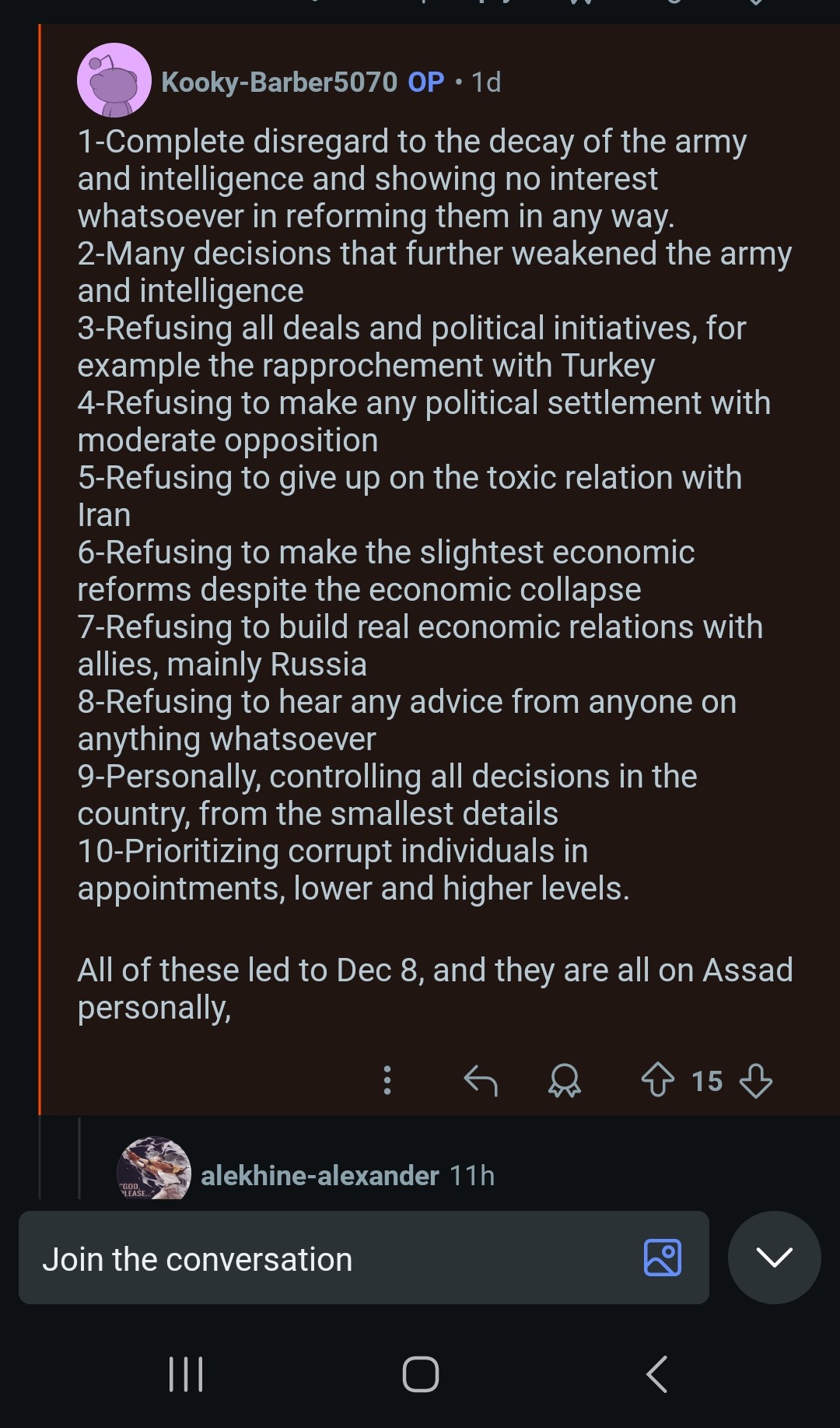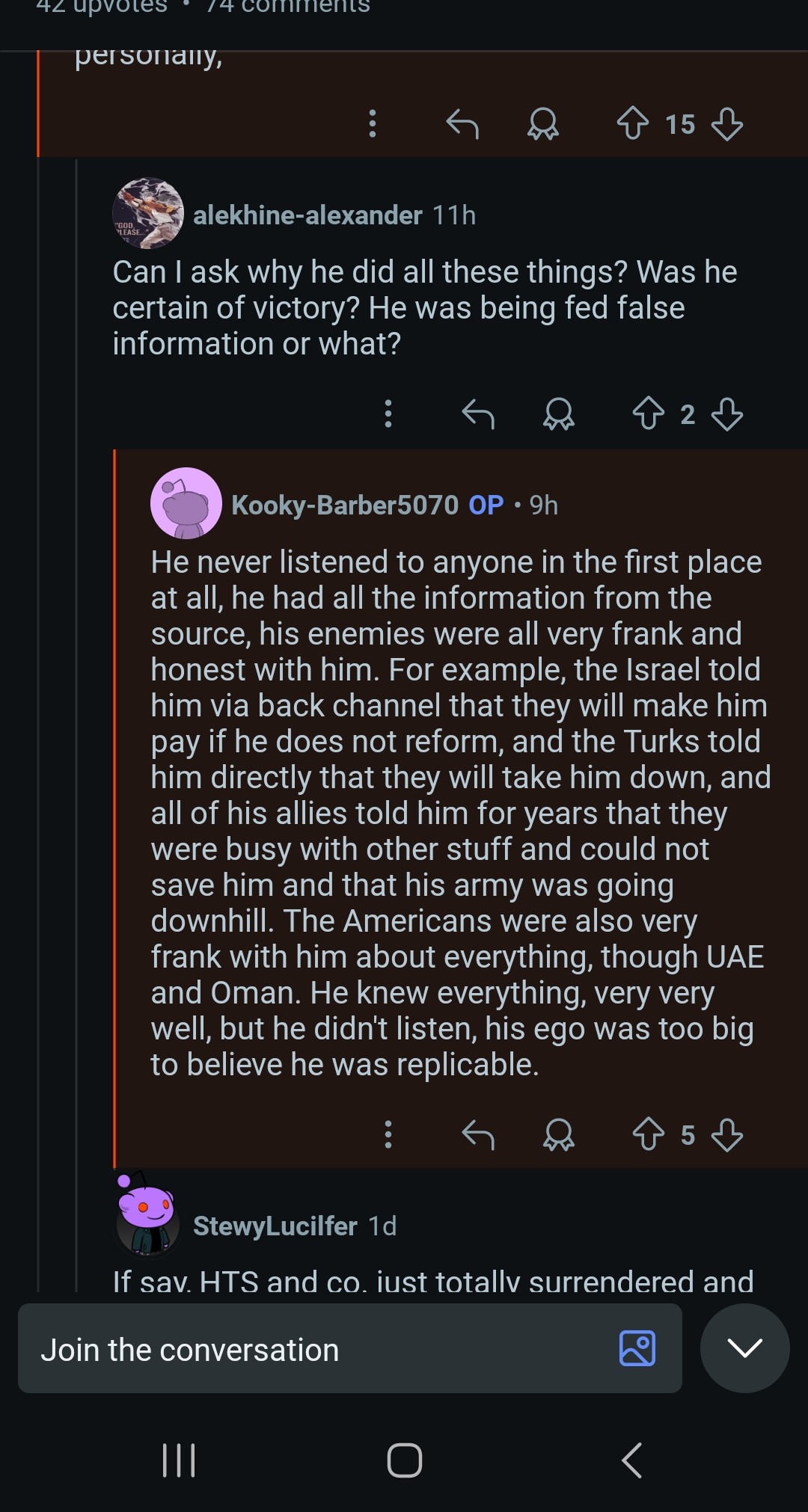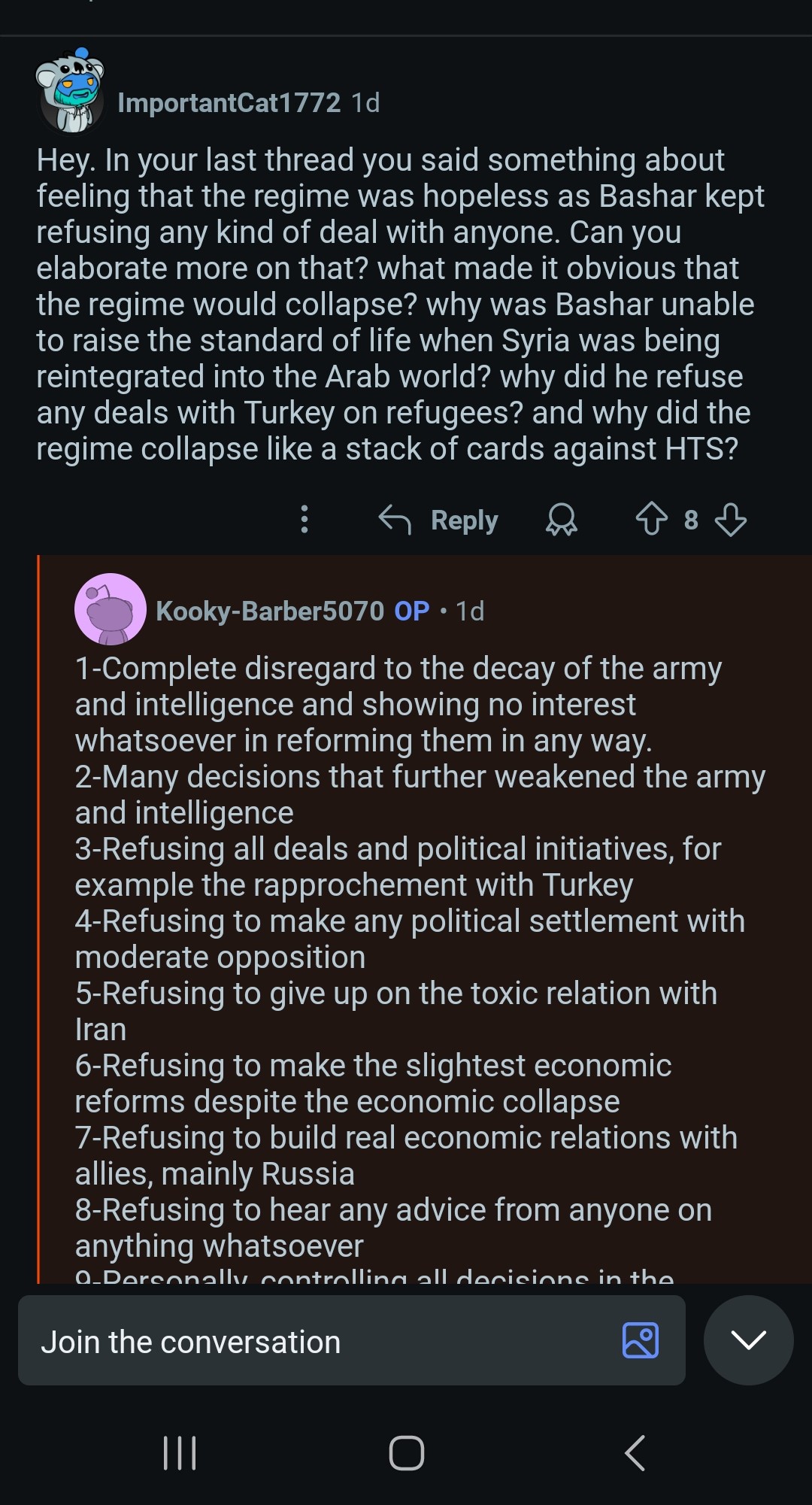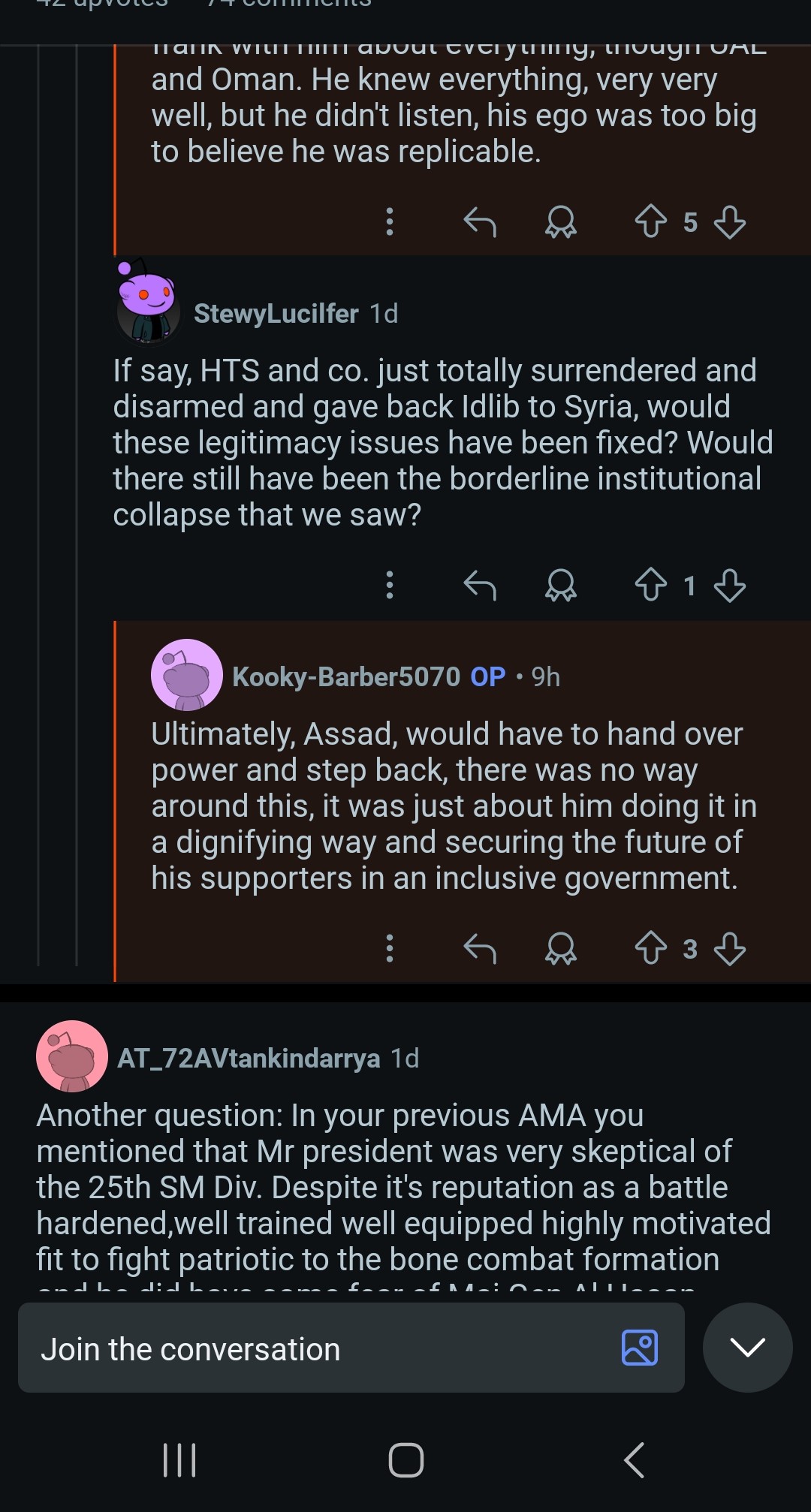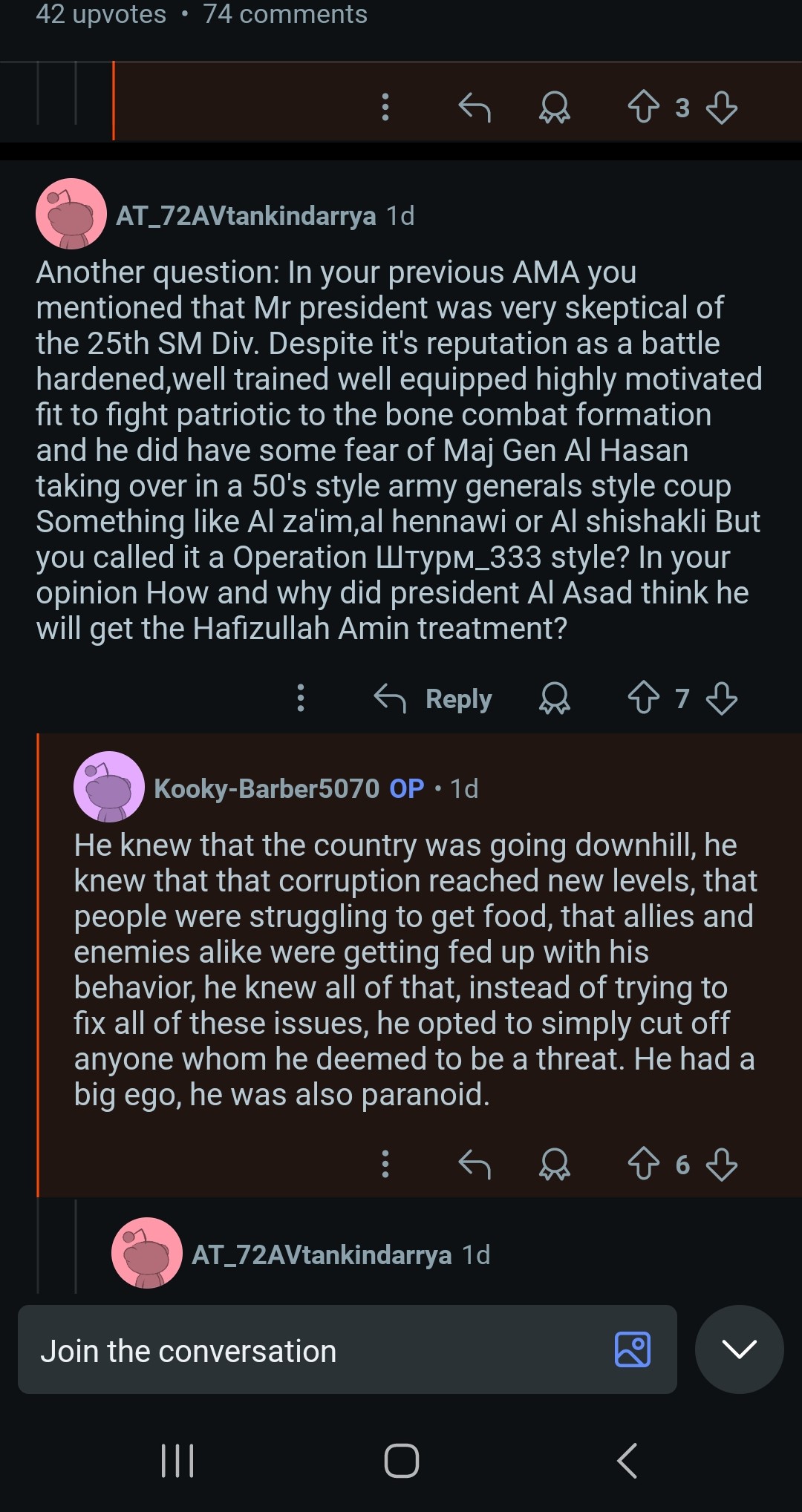I don't mind Carney's approach, but it definitely wants to use experimentation in the Ukraine War as a springboard for the further enhancement of Canada's military capabilities, I think.
I would glance through the article. Here it is in full (the article on the web page has links here and there, if you want to check it out):
Prime Minister Mark Carney is busy navigating the choppy waters of international diplomacy, including hosting the G-7 leaders’ summit, with a full cast including Donald Trump, trying to strike a new accord with the European Union, and heading to the Hague for a major summit of the North Atlantic Treaty Organization. He has attempted to get ahead of one issue that could threaten the achievement of good outcomes for Canada—namely, deficiencies in our hard power.
On June 9, Carney stepped up to a podium at the Munk School of International Affairs, at the University of Toronto, to tell Canadians they are confronting a “hinge” moment in the unravelling of the international order, and that his government is going to rapidly accelerate defence spending and reorient Canadian defence posture. He said his government is going to shift from emphasizing the strength of Canadian values to emphasizing the value of Canadian strength. It was the closest thing to a call to arms from a prime minister since September 1939—the start of World War II.
The prime minister announced new and immediate dollars for defence capabilities, to the tune of 9 billion, along with an accelerated timetable to meet the NATO baseline spending commitment of 2 percent of gross domestic product (which dates from 2014). This is now to be reached five years ahead of schedule—by the end of the fiscal year.
Carney also promised the “immediate design” of a new defence policy. Given that the ink has just dried on the last defence policy, “Our North, Strong and Free,” released in April 2024, what’s the urgency? Partly, it’s framed by politics—the desire of a new government, with a new guy in charge, to put its stamp on an ambitious agenda for change. There is a need to provide a strategic rationale for major spending increases that go beyond the promises that littered the pages of the 2024 defence policy. Trump has played his part as well. The determination of the Carney government to diversify its sources of defence procurement, to escape being reliant for three quarters of its military gear on American manufacturers, while trying to reach some kind of new security bargain with the United States, has also helped render the 2024 defence policy obsolete.
In addition to these political imperatives, the fast-flowing lessons from the Ukraine war—both those adopted directly from the war fighting and lessons borrowed from others—force changes in thinking.
The audacious Ukrainian drone attack of June 1 against several Russian strategic bomber bases scattered throughout the country is the single most striking example yet of a key lesson of the war: the centrality of this new weapon of war. Although precise battle damage may never be known, these drone attacks, which reached as far as the Russian Arctic and the Mongolian border region, apparently destroyed or disabled a substantial number of Russian long-range strategic bombers, the ones Russian president Vladimir Putin’s air force relies on to deliver devastating cruise missile attacks against civilian infrastructure and people in Ukraine. The attack has been dubbed Russia’s “Pearl Harbor.”
The Ukraine drone war, and its wider geopolitical threat, has moved to the centre of defence thinking amongst many of our European allies. Britain is one of the first NATO countries out of the gate to try to consciously and deeply apply the evolving lessons of the Ukraine war to its own strategic thinking and rearmament. It published its “Strategic Defence Review” on June 2, the day after the Ukraine drone strike. The SDR is meant to move the UK to a posture of “war-fighting readiness,” with a focus on its role as a leading NATO power able to defend the “Euro-Atlantic” space. The document is suffused with an appreciation of the current vulnerabilities of Britain, the importance of drone warfare, and the surrounding requirements of a technologically enabled military.
Canada is typically good at learning lessons from other first movers. You can be sure that the SDR will be an important reference for the new Canadian defence policy, even while the designs are different. Canada is not yet focused on “war-fighting readiness.” But the commitment to Euro-Atlantic security is shared.
Much of the Canadian push on defence will go into the “four pillars” Carney has described: the human capital of the military, improving defence capabilities, building out a Canadian defence industrial base, and diversifying defence partnerships to reduce Canada’s historic overdependence on the US.
As Canada pursues these four pillars, what are the copious lessons on offer from the SDR and from the experiences of the Ukraine war?
First, acquisition of the most expensive, technologically sophisticated weapons systems cannot be the only force that drives rearmament. Watch out for the cheap giant killers, especially drones, now at the cutting edge of warfare and hybrid threats. A capable Canadian military is going to need an entirely new drone capacity in the air, on land, at sea, and under the seas. Canada is also going to need an unprecedented capacity to defend against drones.
Second. The deterrence calculation is changing. There is now an arms race to use data efficiently and at speed. The SDR puts its money on the importance of establishing what it calls a “digital targeting web” to fuse and sort collected intelligence on targets, apply AI, get information to users at all levels at speed, and assist rapid decision making, all relying on a secure cloud architecture. This is called, in the British document, connecting “sensors, deciders and effecters.”
A third lesson takes stock of how the Ukraine war has forced the development of a civilian–industrial innovation complex, based on a radical reshaping of defence procurement, as a key enabler. Both the UK, in the SDR, and Canada have taken this to heart.
Finally, there is the question of how to pay for a massive program of defence modernization. To ameliorate the impact of tax hikes or the undermining of social services, the UK and Canadian governments place their faith in the idea of a “defence dividend,” achieved through the economic boost of a reinvigorated domestic defence manufacturing base.
Whatever the fiscal solution, rebuilding Canadian military capacity, defending our sovereignty and security, and restoring a hard-power role for Canada in the world will ultimately depend on a new willingness on the part of Canadians to pay the price.
Ukrainians simply have no choice in the matter. The UK government, with its eyes firmly fixed on the Ukraine war, believes it has no choice either.
For Canada, the starting point will have to be a deeper appreciation that we really live in a dangerous world—at a “hinge” moment. Canadians must have a genuine dialogue about the threats from every compass point, and the government will have to step forward as a key educator. We could take inspiration from the SDR’s call for a “national conversation,” involving a two-year series of public-outreach events across the country, led by the government. Any Canadian version would need to address not only new geopolitical threats and the requirements of the military but also the challenge of maintaining information integrity in the face of foreign espionage, interference operations, and the pernicious effects of misinformation.
Publishing a new defence policy, as promised by the prime minister, should help. It may well be folded into the forthcoming national security strategy. The SDR tries to show how defence “deters and protects” and why defence needs support to “strengthen the nation’s resilience.”
These are important questions for Canadians to understand and address. For many Canadians, spending on defence is spending on war fighting. The perception has to change: we’re spending to prevent war fighting.
We have the luxury of seeking answers about our defence capability needs and not having them brutally forced on us by an outside aggressor. At least for now.
Reprinted, with permission, from the Centre for International Governance Innovation.
